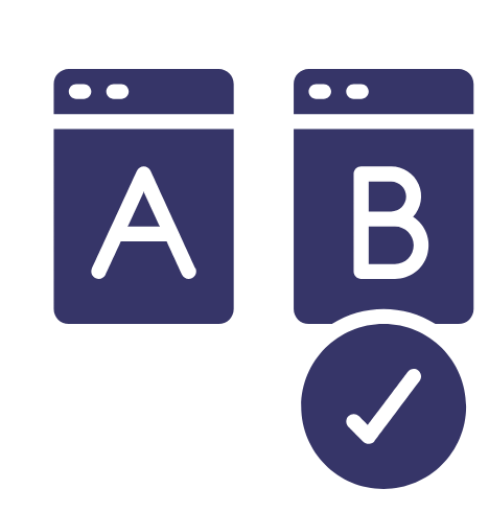Preparing for a one-paper MCQs test in Pakistan can be challenging, but with the right strategies and mindset, you can maximize your performance. This guide provides essential tips, dos and don’ts to help you succeed.
Understanding the One-Paper MCQs Test
The one-paper MCQs test is commonly used in various competitive exams in Pakistan, such as CSS, PMS, and recruitment tests for various government jobs. The test typically covers a wide range of subjects including general knowledge, current affairs, basic mathematics, English language skills, and specific subject knowledge relevant to the job or exam.
Preparation Strategies
1. Know the Syllabus and Exam Pattern
- Research Thoroughly: Understand the syllabus and the weightage of each section. This helps in prioritizing your study plan.
- Past Papers: Analyze past papers to get a sense of the question patterns and frequently tested topics.
2. Study Material
- Standard Books: Use recommended books and study materials specific to the exam.
- Online Resources: Leverage online platforms, educational websites, and YouTube channels for tutorials and additional practice.
3. Create a Study Plan
- Timetable: Design a realistic timetable allocating specific time slots for each subject.
- Daily Goals: Set daily goals to cover certain topics and stick to them.
4. Practice, Practice, Practice
- Mock Tests: Take regular mock tests to simulate the exam environment.
- Time Management: Practice managing your time effectively to complete all questions within the allotted time during the actual test.
Exam Day Tips
Dos
- Get Enough Sleep: Ensure you get a good night’s sleep before the exam day to stay alert and focused.
- Healthy Breakfast: Eat a healthy breakfast to maintain your energy levels throughout the test.
- Arrive Early: Reach the exam center well before time to avoid any last-minute stress.
- Read Instructions Carefully: Take a few minutes to read the instructions on the question paper thoroughly.
- Time Management: Allocate your time wisely among different sections and questions. Don’t spend too much time on one question.
- Answer Strategically: Start with the questions you are confident about. This boosts your confidence and secures easy marks early.
- Review Your Answers: If time permits, review your answers to check for any mistakes or unanswered questions.
Don’ts
- Avoid Guesswork: If there is negative marking, avoid random guessing. Educated guesses are better but don’t risk too much.
- Don’t Panic: If you encounter difficult questions, stay calm. Move on to other questions and return to the tough ones later.
- Ignore Instructions: Don’t ignore any specific instructions provided in the exam paper. Misinterpreting instructions can lead to mistakes.
- Last-Minute Cramming: Avoid cramming new information on the morning of the exam. It can increase anxiety and confuse you.
Common Pitfalls and How to Avoid Them
- Overconfidence: Don’t neglect any part of the syllabus assuming it’s easy or less important. Comprehensive preparation is key.
- Poor Time Management: Practice time management during your preparation. Use a timer while practicing mock tests.
- Neglecting Health: Physical and mental well-being is crucial. Exercise regularly, eat healthily, and take breaks during study sessions.
- Ignoring Weak Areas: Identify your weak areas early and focus on improving them rather than continuously working on your strengths.
Conclusion
Successfully attempting a one-paper MCQs test in Pakistan requires strategic preparation, effective time management, and a calm, focused approach on exam day. By following the dos and don’ts outlined in this guide, you can enhance your chances of performing well and achieving your desired results. Remember, consistent practice and a balanced study routine are your best tools for success.
